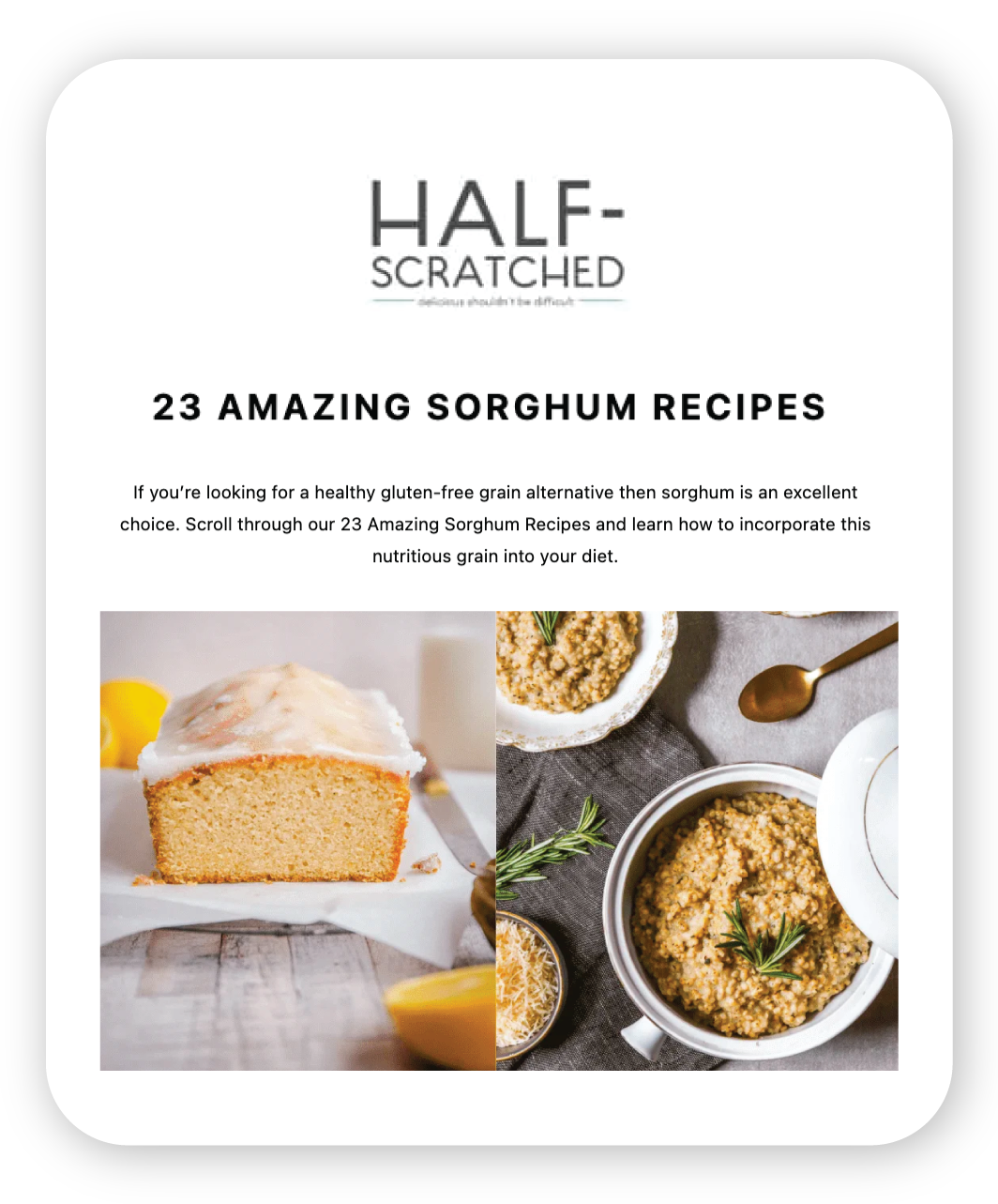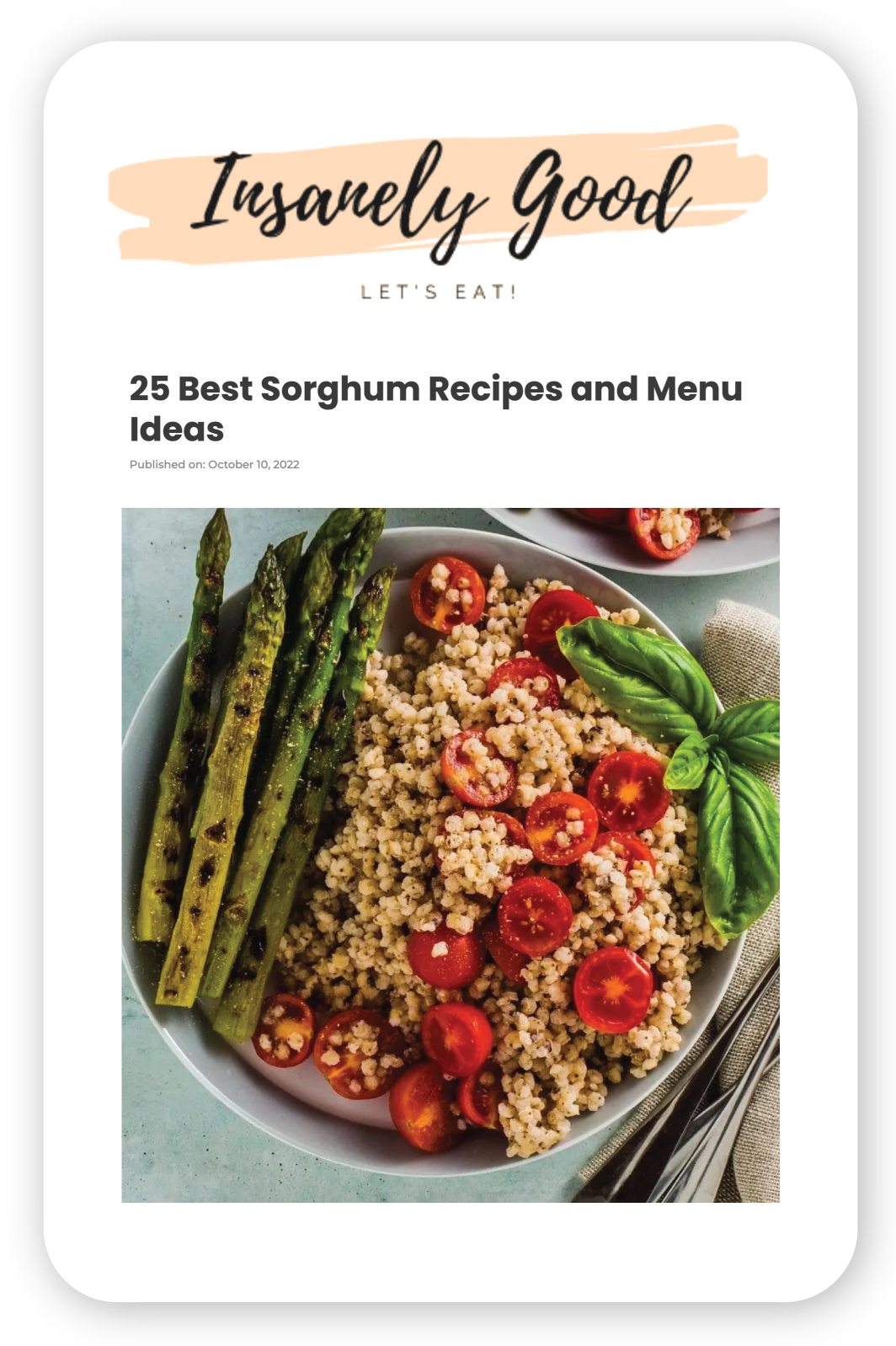Sorghum is a non-GMO, gluten-free, protein-packed and American-grown ancient grain, and you’ve probably never even heard of it… until now.
What is Sorghum?
Sorghum is an ancient whole grain—think quinoa but with more protein, fiber, iron and a whole bunch of other goodness in each serving. The grains look a bit like couscous and have a nutty flavor and chewy texture.
It’s one of the top five cereal crops in the world, and the United States is the world’s largest producer of sorghum. But, we know what you’re thinking. If sorghum is that popular world-wide, then why doesn’t anyone know about it?
The truth is, sorghum is often used as a food ingredient and you’ve probably already been eating it. Many of the products labeled “non-GMO,” “gluten-free,” or “ancient grains” that fly off the shelves contain sorghum because it’s versatile, nutritious, and environmentally-friendly.
TRUSTED BY RELIABLE BRANDS
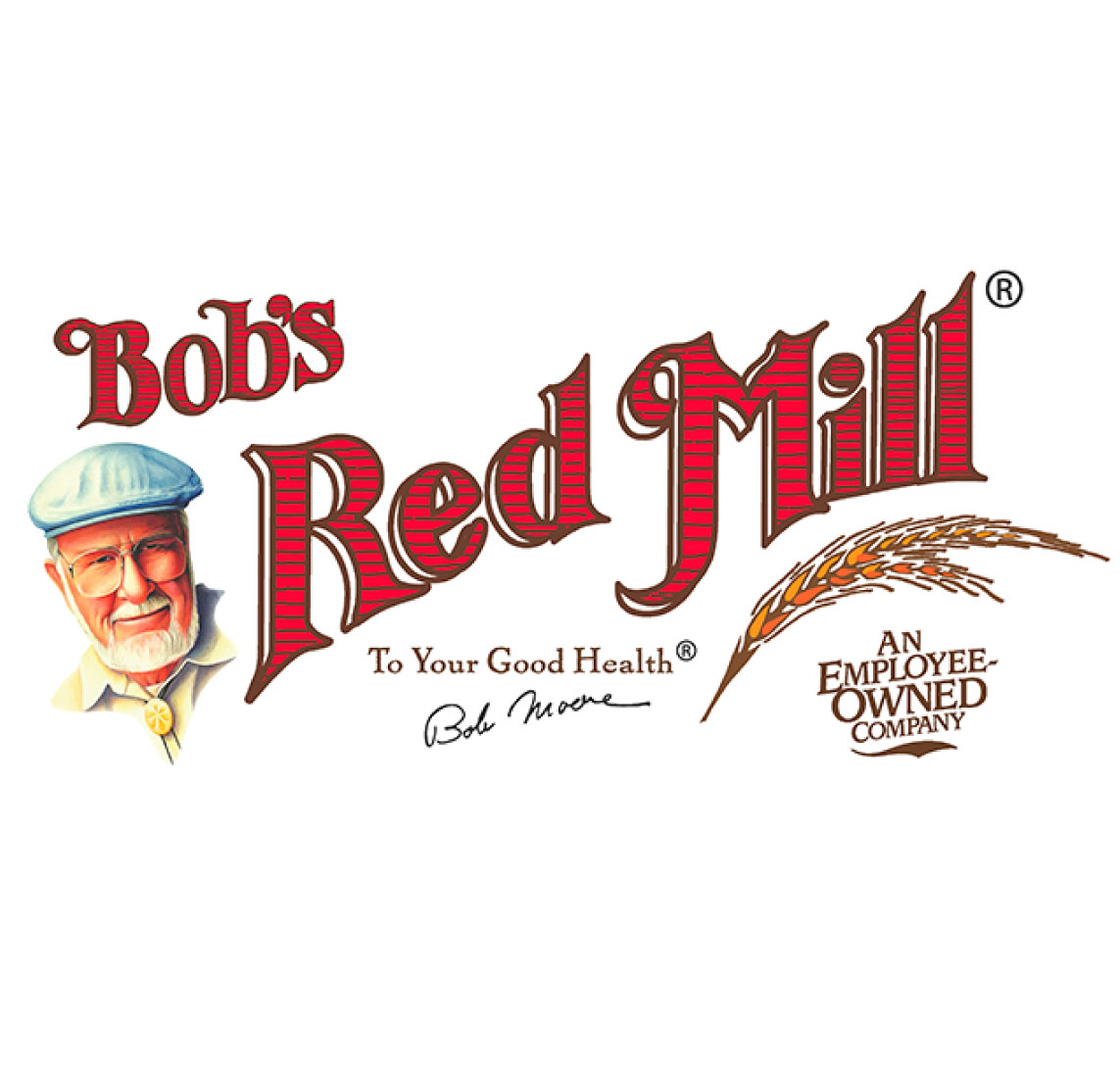



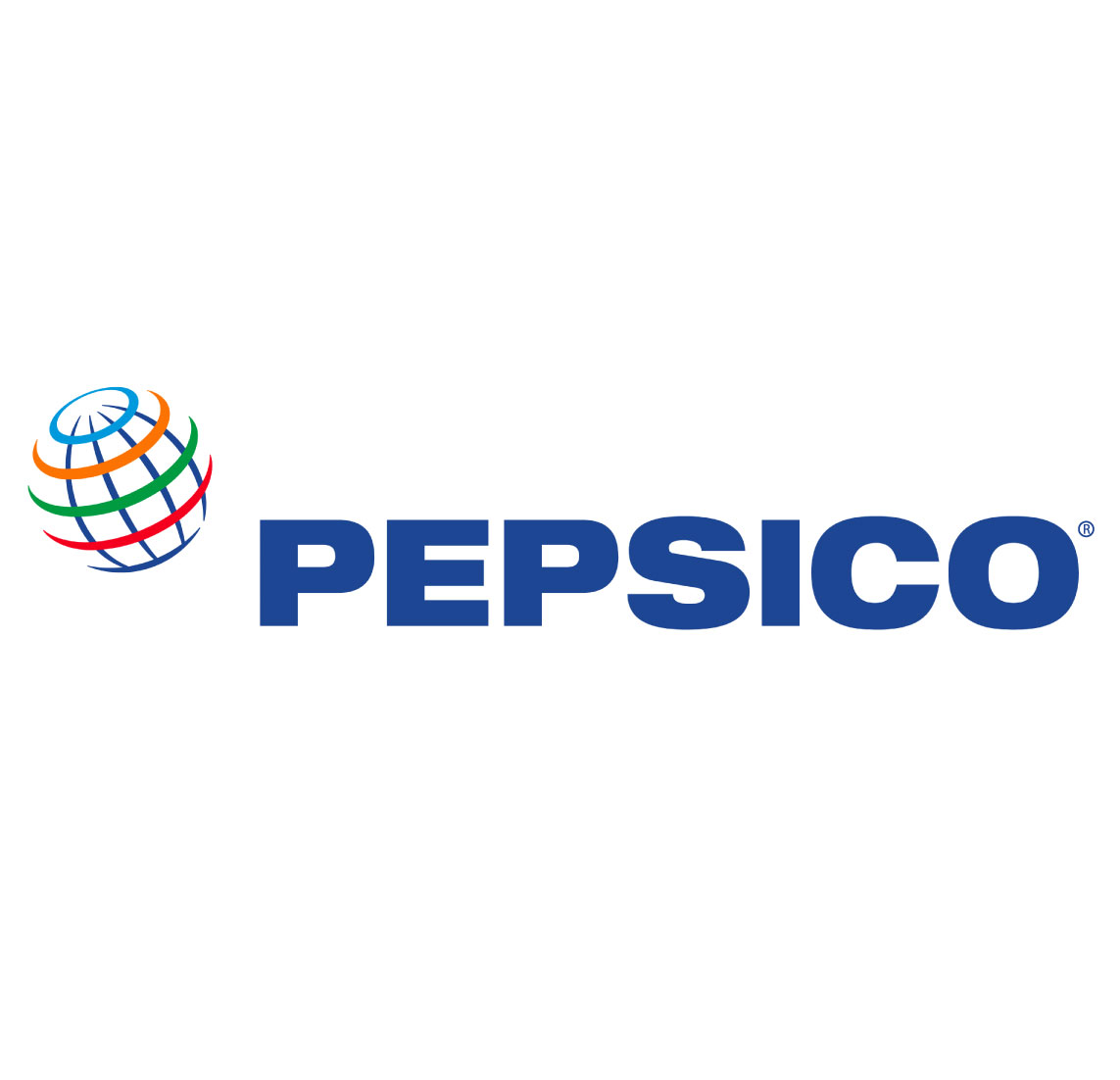
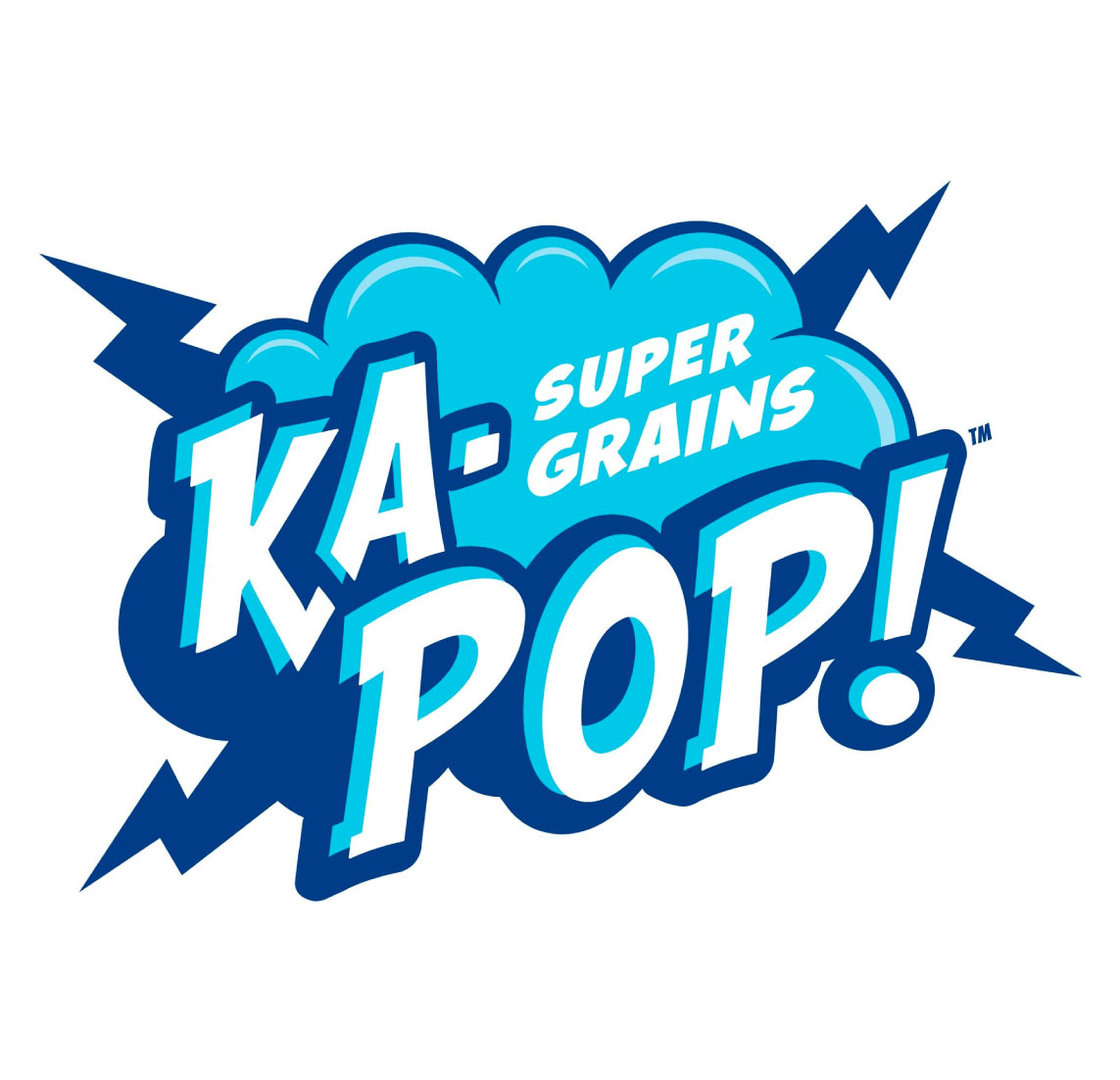


Bragging Rights
When compared to other grains, well…there’s just nothing that compares to sorghum’s nutritional value.
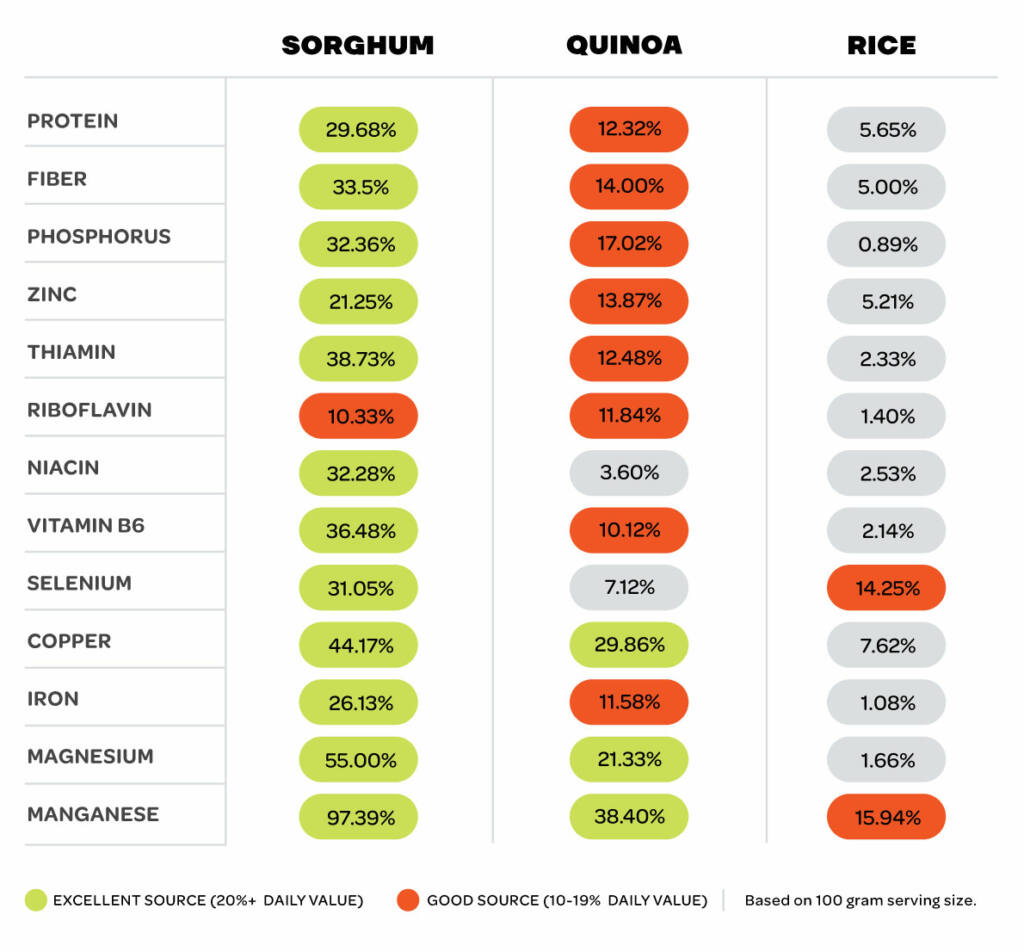
Sorg-YUM
Want to know how to incorporate more sorghum into your diet? Follow one of these recipes or swap out similar grains for sorghum and prepare to be amazed.
Featured Recipes
SUPER SUSTAINABLE
Conserving water and improving soil health are essential for ensuring a safe, reliable food source for both current and future generations. Sorghum is one of the most sustainable crops because it’s incredibly resistant to heat and drought, helps reduce soil erosion, improves soil health, and conserves wildlife.
It’s definitely not called the Resource Conserving Crop™ for nothing.
EXPERTS LOVE SORGHUM, TOO
MORE ARTICLES:
What Is Sorghum? A Unique Grain Reviewed
Health Benefits of Sorghum
What Is Sorghum and Why Should You Add It to Your Diet?
For Furry Friends
Sorghum isn’t just for us hoomans. It’s used in more than 150 pet products because it’s high in protein, rich in antioxidants and environmentally-friendly.
For Furry Friends
Sorghum isn’t just for us hoomans. It’s used in more than 150 pet products because it’s high in protein, rich in antioxidants and environmentally-friendly.

Stay up to date with Food's best kept secret.
Subscribe to our newsletter.


